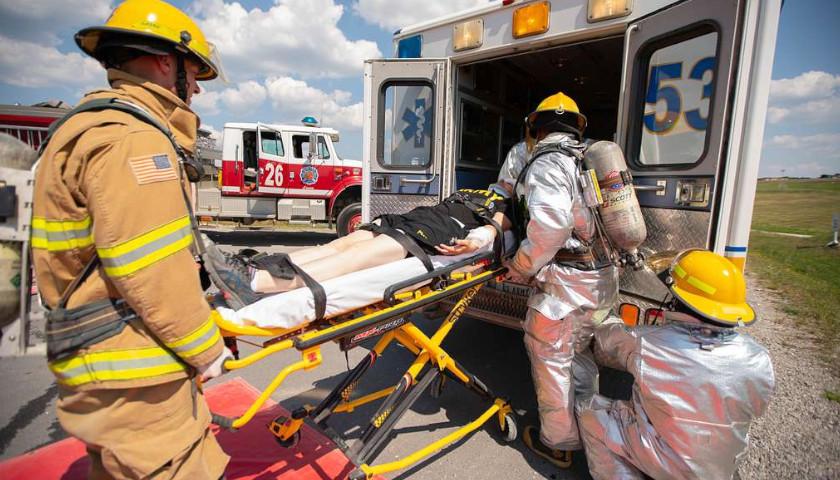by Anthony Hennen
No EMS-related hearing in the Pennsylvania General Assembly is complete without legislators and testifiers sounding the alarm over a system in crisis.
At a State Senate Health and Human Services hearing on Tuesday, these warnings and more echoed in the Capitol.
“In some areas of Pennsylvania, EMS is decimated and continues to falter daily,” said Gary Watters, the executive director and EMS chief of the Altoona Mobile Emergency Department.
One major issue, as EMS officials see it, is a failure to coordinate effectively.
“Pennsylvanians were the first to establish modern EMS,” Watters said. “But with such steep heritage, why is our EMS system failing?”
“I think the problem is actually very simple,” he added. “The Bureau of EMS, the regional EMS councils, the Pennsylvania Emergency Health Services Council, and other stakeholder organizations all work in silos.”
Workers within that system are not encouraged to speak frankly about their problems.
“Many within these organizations are afraid to speak out of fear of reprisal,” Watters said. “The result is a stagnation of Pennsylvania’s EMS system, which is creating agency failures, recruitment/retention issues, and a lack of funding for emergency response in many rural communities.”
The Bureau of Emergency Medical Services within the Department of Health, was singled out by Watters and others for creating problems.
“They have failed to plan, guide, coordinate the development of regional systems into a unified system,” Watters said. “The bureau has shifted its focus to compliance and discipline instead of improving a horribly fractured and weak system.”
“Based on the recent actions of bureau staff, they are creating barriers to care and a detriment to public safety,” Heather Sharar, executive director of the Ambulance Association of Pennsylvania said. “Within the last year, the bureau has become adversarial.”
Investigations by the Department of Health, she said, have grown from 69 in 2021 to 116 in 2022, and 45 so far in 2023.
“The real crisis in EMS is the bureau and several of the other bureau staff are contributing to the crisis vs improving the system,” Sharar said.
“Shall-respond” requirements have also created a financial and resource burden on EMS services, sending workers out of their coverage area to places that do not fund EMS.
“The bureau is obligating EMS agencies to respond to calls regardless of the location — even if it’s 100 miles away,” Watters said. “The unintended consequence of this interpretation is that it is causing agencies to respond farther from their districts which deprives their own services of resources.
He said this creates a “free-load situation” where agencies must provide service to communities that “make no effort to support or fund that EMS coverage.”
“This unfunded mandate occurs multiple times a day all over Pennsylvania,” Watters said. “The situation has wreaked havoc on our system.”
He argued for the legislature to create stronger language in the law to require municipalities to fund EMS services.
Many counties have already seen a dramatic disappearance of their EMS services.
“The lack of staff and the overload of what staff is still responding (to) has become unsustainable,” Art Martynuska, executive director of the Cambria County Emergency Management Agency, said. “In Cambria County … the amount of available EMS resources has declined by 73% since 1997 while our population has only decreased by 19%.”
Career burnout that emergency responders felt from COVID-19 was “clearly evident,” he added.
“What is needed is not punitive actions over minutiae or browbeating of responders and services, but restorative actions,” Martynuska said.
Those actions might need to start on the state level, but a divide has grown between first responders and state officials.
“It’s clear to our EMS communities that the bureau has chosen discipline over much-needed system development,” Waters said. “Their actions have resulted in a tremendous loss of trust in the bureau.”
Legislators on both sides of the aisle responded sympathetically, vowing to correct the situation before it gets worse.
– – –
Anthony Hennen is a reporter for The Center Square. Previously, he worked for Philadelphia Weekly and the James G. Martin Center for Academic Renewal. He is managing editor of Expatalachians, a journalism project focused on the Appalachian region.




